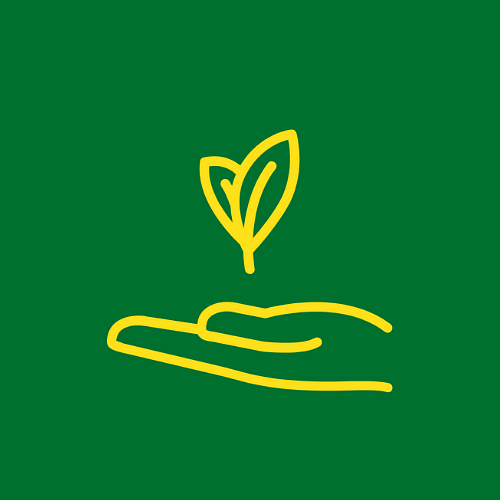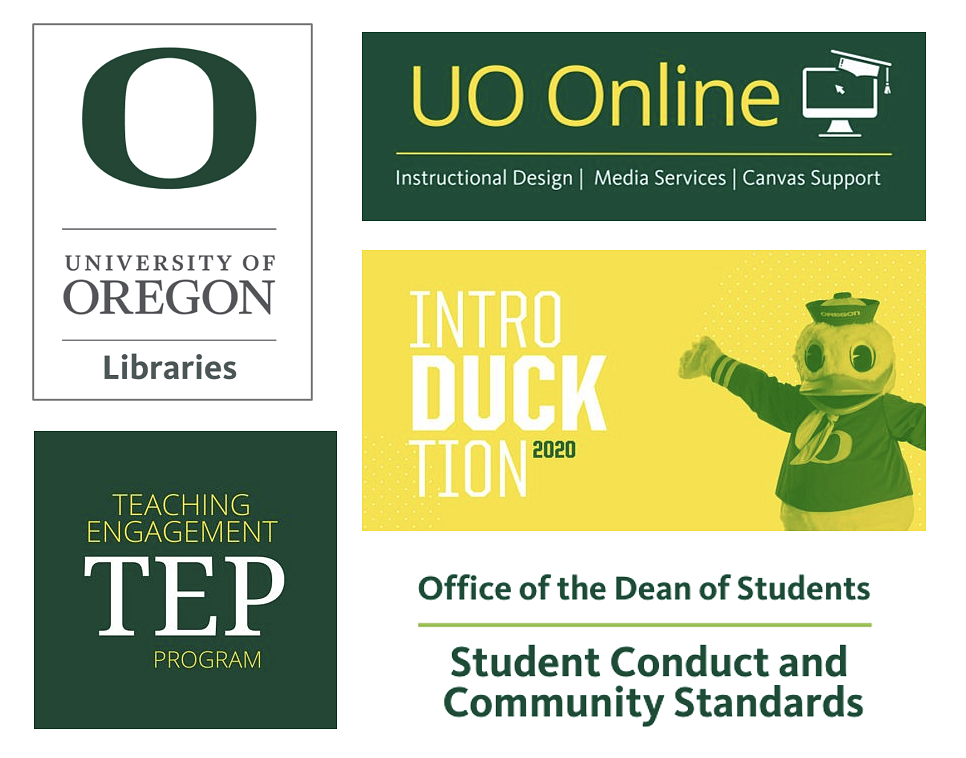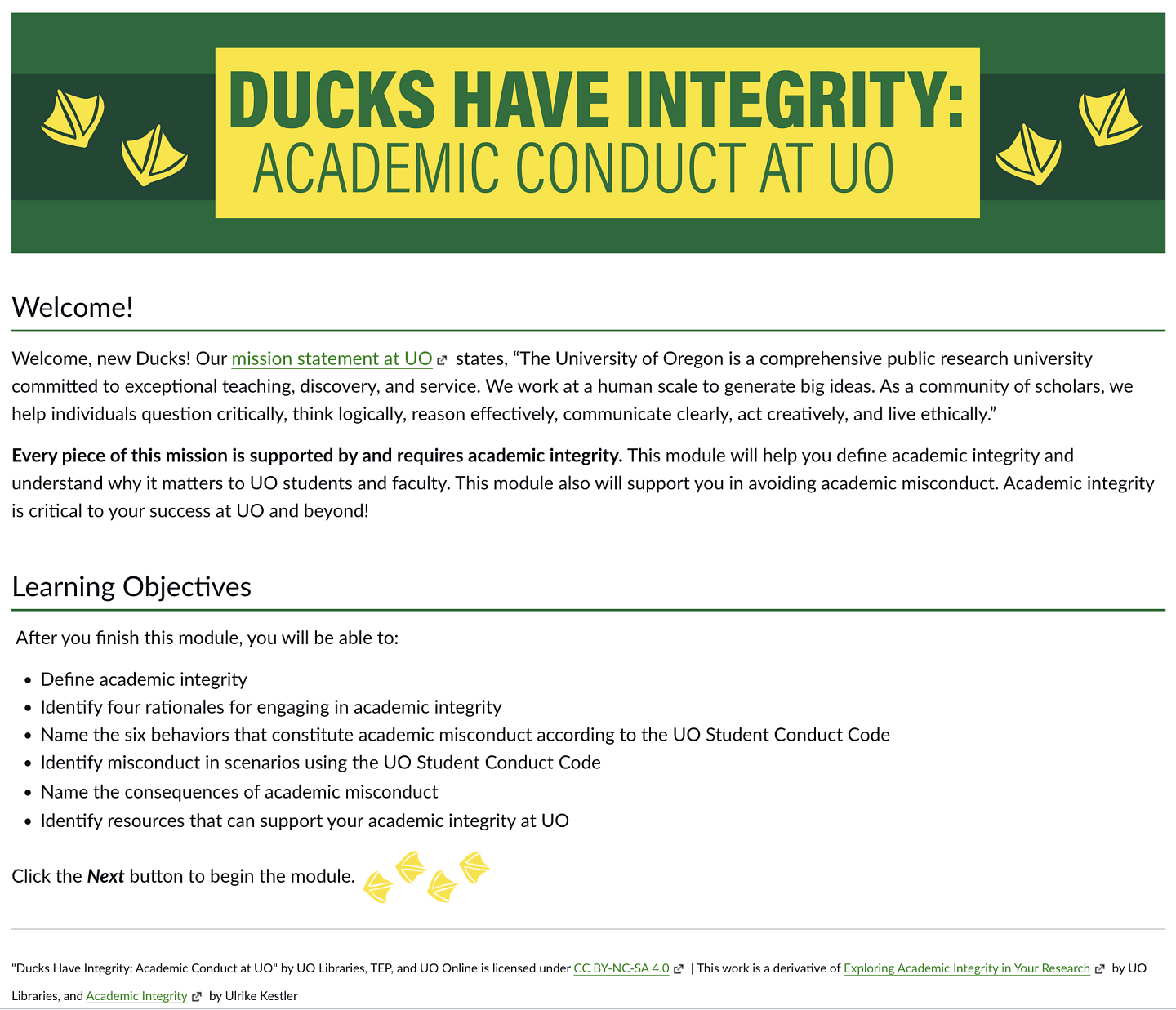Description of Modules
With the transition to online and remote teaching during the COVID-19 pandemic, University of Oregon faculty shared that they felt additional pressure to deter academic misconduct in their courses. Students shared that they were not always clear about what constituted academic misconduct--both broadly and in specific classes, and we heard that the overwhelming majority of students wanted to act with integrity in their learning.
Academic integrity is traditionally framed as a student conduct problem for instructors to solve, rather than a complex commitment to knowledge that we all share. We know that we are most likely to create a culture of academic integrity when all of us--instructors, students, staff--develop a transparent, explicit, and consistently communicated understanding of what it is, how to support it, and what university resources we can draw on together.
In response to faculty concerns and a need for additional support, and in response to student concerns around not having consistent, clear understandings of what actions align with integrity, UO Libraries, the Teaching Engagement Program, UO Online, and the Office of Student Conduct and Community Standards partnered to create two openly-licensed Canvas modules.
The purpose of these modules are to:
- Communicate explicitly and transparently about both what the academic misconduct code is
- Feature illustrations of what does/doesn't not fit the code so that applying the code to real life situations feels more doable
- Highlight resources to turn to when students do feel stressed, as all people have higher levels of misconduct when increased stress levels are at play
- Encourage student agency and self-advocacy in proactively seeking answers to questions they may have about academic integrity, including by initiating conversations with instructors
Of these two modules, one is for instructor to optionally integrate in their course, and the other is one that all students go through as part of their new student orientation. These resources are based on current research around why students engage in academic misconduct and what strategies have effectively increased academic integrity.
Instructors can view, use, and adapt the modules freely below:
-
Instructor Module (For use in individual courses)

2023 Updates: Academic Integrity & Generative Artificial Intelligence (GenAI)
We know both students and instructors have been thinking about whether and how availability of generative AI shifts how we understand academic integrity (and even more importantly, the nature of learning).
Both modules were updated with information about use of generative AI at UO, encouraging students to ensure they understand whether and when use of GenAI is appropriate (and to seek clarification any time they are not sure). It naming some of the risks of using GenAI as a tool when the instructor has not purposefully built its use into the course.
Instructors who are seeking guidance around this can turn to our "Teaching and AI Systems" page.

Collaborators
These modules were developed in collaboration with campus units across the University of Oregon. We are grateful to the instructors who shared their experiences and challenges with academic integrity, as this informed the design, and those students who gave feedback, as that feedback was invaluable.
This project would not be possible without the expertise, support and collaboration from the following UO campus units:
- Teaching Engagement Program (TEP)
- UO Online
- UO Libraries
- Office of the Dean of Students - Student Conduct and Community Standards
- Student Orientation Programs - IntroDUCKtion

